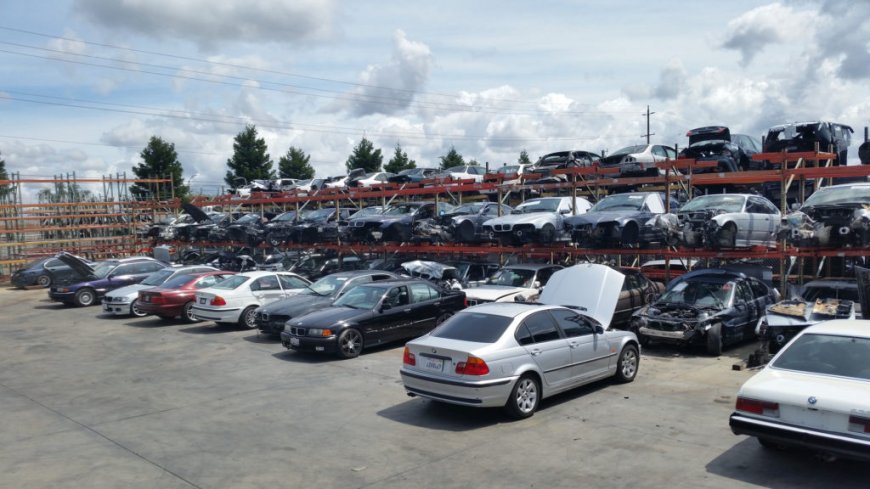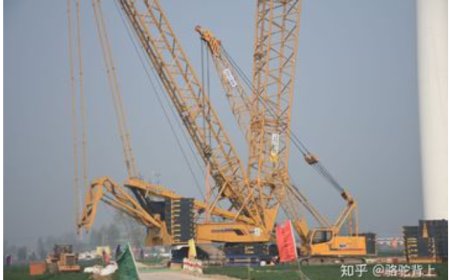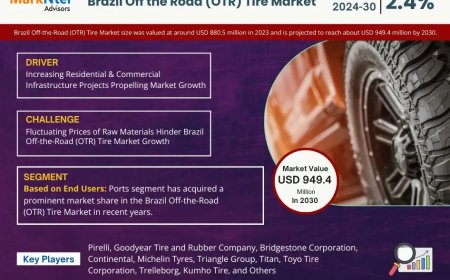Goodbye Gas Guzzler: How Retiring Old Cars Helps the Planet Breathe
Looking to retire your old vehicle? A trusted Scrap Car Yard Townsville helps recycle cars safely, cut emissions, and support cleaner air across the region.

Every year, millions of old petrol and diesel vehicles remain on the road long after their prime. These aging machines tend to burn more fuel, leak more emissions, and demand frequent maintenance. When we choose to retire them, we are making a choice for cleaner air and a healthier planet. This article will explore why saying farewell to old cars matters, how the process works, and what each of us can do to help.
Why Old Cars Are a Problem
Inefficient Fuel Use
Old internal?combustion engines are simply not as slick as modern ones. Over time, components like valves, gaskets, and injectors wear out. That wear leads to incomplete combustion, which increases fuel use. Data from the Australian Department of Transport reports that vehicles older than 15 years consume up to 30 percent more fuel than newer models. This inefficiency not only increases costs but also pushes more pollutants into the open air.https://northcoastwreckers.com.au/
Increased Emissions
With age, engine parts degrade, emissions control systems like catalytic converters lose function, and engine management systems become less precise. These issues translate into higher outputs of carbon monoxide, nitrogen oxides, and hydrocarbons. According to the Clean Air Society of Australia and New Zealand, older vehicles can emit twice as much pollution as those built in the last decade.
Higher Maintenance Impact
Older cars often develop oil leaks, coolant leaks, and issues like unburnt fuel washing into the engine. Fluid leaks can reach local waterways, while engine blow?by can leave fine particles in the atmosphere. Repairs become more frequent and resource?intensive, increasing the overall environmental footprint of the vehicle.
How Retiring an Old Car Makes a Difference
Cutting Fuel Use and Emissions
When an old vehicle is scrapped, the replacement is often more fuel efficient or fully electric. For example, switching a 15?year?old petrol car (12?L/100?km consumption) with a modern electric vehicle (0?L/km) can cut fuel use entirely and eliminate tailpipe emissions.
Even swapping for a newer hybrid (5?L/100?km) can reduce fuel use by more than half and drop carbon dioxide emissions from roughly 280?g/km to under 120?g/km. These numbers quickly add up when scaled across thousands of retired vehicles.
Recycling Precious Metals
Scrapping an old car triggers the recovery of steel, aluminium, copper, and more. The Australian Automobile Association states that around 85 percent of a vehicles weight can be recycled. Recycling steel, in particular, uses only one?third of the energy needed to produce new steel from ore. This saves energy and reduces greenhouse gases from mining and smelting.
Avoiding Soil and Water Damage
When properly processed, retired vehicles drain fluids such as engine oil, transmission fluid, brake fluid, and coolant to prevent leaks. These are either re?used or disposed of following environmental standards. This prevents soil and water contamination, especially in areas near repair or storage yards.
What the Scrapping Process Typically Involves
-
Assessment and Acceptance
The yard or breaker inspects the vehicle to check if it has salvageable parts or meets legal scrappage conditions. In Australia, vehicles must often be deregistered before recycling. -
Fluid Removal
Fuel, oil, coolant, brake fluid, and refrigerant are safely drained and collected for recycling or treatment. -
Dismantling
Usable parts (engine, gearbox, axles, electronics, body panels) are removed and sold. These spare parts can extend the life of other vehicles. -
Crushing or Shredding
The remaining shell is crushed or shredded into smaller pieces and separated into metallic fractions (ferrous steel, aluminium) and non?metallic fractions (plastics, rubber). -
Recycling
Steel and aluminium go to foundries, plastics and glass may be used for other goods, and electronics are processed to recover precious metals.
Environmental Benefits Backed by Data
Reduced Greenhouse Gas Emissions
A study by the Commonwealth Scientific and Industrial Research Organisation (CSIRO) estimates that replacing just one old car with a modern vehicle can save between 2 and 4 tonnes of CO? emissions per year. When scaled across 100,000 cars, that equates to 200,000 to 400,000 tonnes of CO? annually.
Less Air Pollutants
The Urban Vehicle Emissions Research from the University of Melbourne found that retiring older vehicles can cut nitrogen oxide levels in cities by 510 percent over a five?year period. These pollutants are linked to respiratory issues, smog formation, and environmental acid rain.
Energy Saving Through Recycling
Recycling metals from scrapped cars avoids the need to mine ore. Producing one tonne of recycled steel uses about 50 percent less energy than making new steel. With over a million vehicles scrapped each year in Australia, that equals gigajoules of energy saved and a large reduction in carbon emissions.
How to Know When It Is Time
Age and Mileage
An informal rule of thumb is that when a vehicle is over 15 years old and has more than 200,000?km, its efficiency and performance decline sharply. Frequent breakdowns, rust, and rising fuel bills may point to retirement.
Repair Costs Exceeding Value
When repairs cost more than 50 percent of the market value, or when repeated breakdowns disrupt daily life, it may be more sensible to retire the vehicle. Those repair parts may yield better returns by being reused elsewhere.
Emission Testing Failures
In many parts of Australia, vehicles must pass roadworthy and emissions inspections. Failing these repeatedly can be a strong indicator that scrapping and replacing is the better long?term option.
Choosing What to Do Next
Replace with Low?Emission Vehicles
Replacing an old combustion engine car with a hybrid or electric vehicle brings large cuts in fuel and emissions. Even newer diesel or petrol vehicles with modern engines offer a 30 to 50 percent improvement in fuel efficiency compared to their older counterparts.
Consider Public Transport, Cycling or Walking
Often, people use a car out of habit rather than need. Using public transport, shared vehicles, cycling, or walking lowers emissions even further. Reallocating just one car trip per week can save hundreds of kilograms of carbon dioxide annually.
Helping Local Communities and Businesses
Choosing local dismantlers and recyclers ensures that jobs remain within the region and that the entire process follows environmental laws. Many facilities provide documentation for emissions credits or recycling data, which can benefit both individuals and fleet managers.
A Natural Fit in Service Promotion
When dealing with vehicle retirement, choosing a reliable service makes all the difference. That is why some local operators have built a strong reputation for careful handling and full compliance with environmental standards. They collect retired vehicles, manage all paperwork, safely remove fluids, dismantle parts, and recycle the shell with minimal fuss. These services often support offering reclaimed parts back into the market, which prolongs vehicle parts life and reduces waste. Their operation connects well with people who search for Scrap Car Yard Townsville. In this region, such efficient scrapyards play a key role in helping residents responsibly retire vehicles while supporting local recycling efforts.
What You Can Do to Help
-
Choose recycling over neglect. If your vehicle is no longer drivable or costs far more to fix than it is worth, choose a yard that will recycle it responsibly.
-
Ask about emissions standards. A good operator will comply with standards for fluid disposal and electronics recycling.
-
Consider the replacement option. With grants and incentives available, moving to hybrid or electric vehicles is increasingly more affordable.
-
Spread the word. Let friends and family know about the benefits of retiring old cars and choosing trustworthy services.
Conclusion
Retiring an old petrol or diesel car is more than a personal choice. It is a positive action for our shared environment. The gains are clear: reduced fuel use, fewer emissions, safe handling of fluids, and recycling of materials. Over time, as more people make this choice, our cities will breathe cleaner air and our energy use will shrink.
































